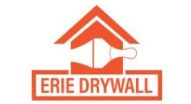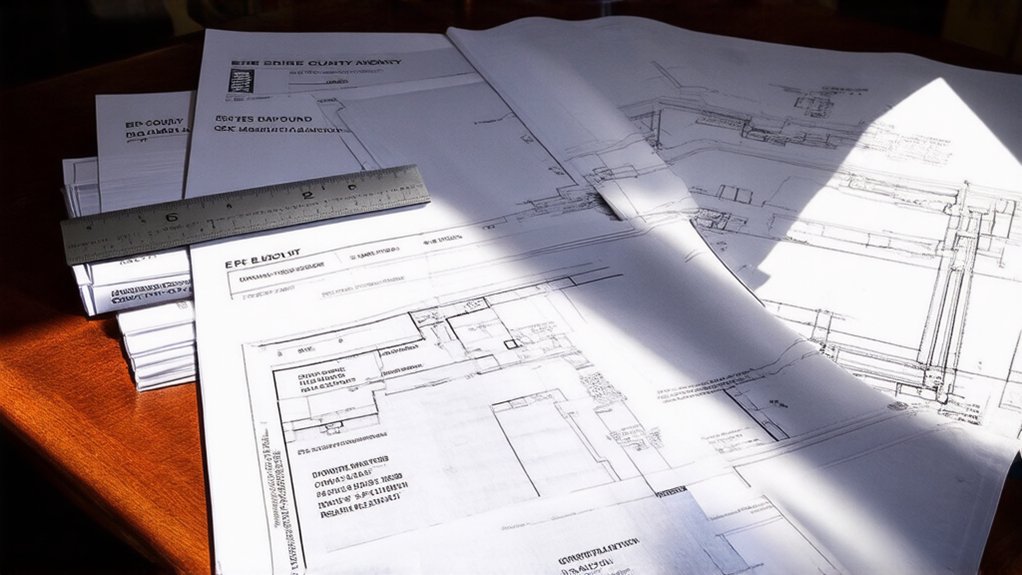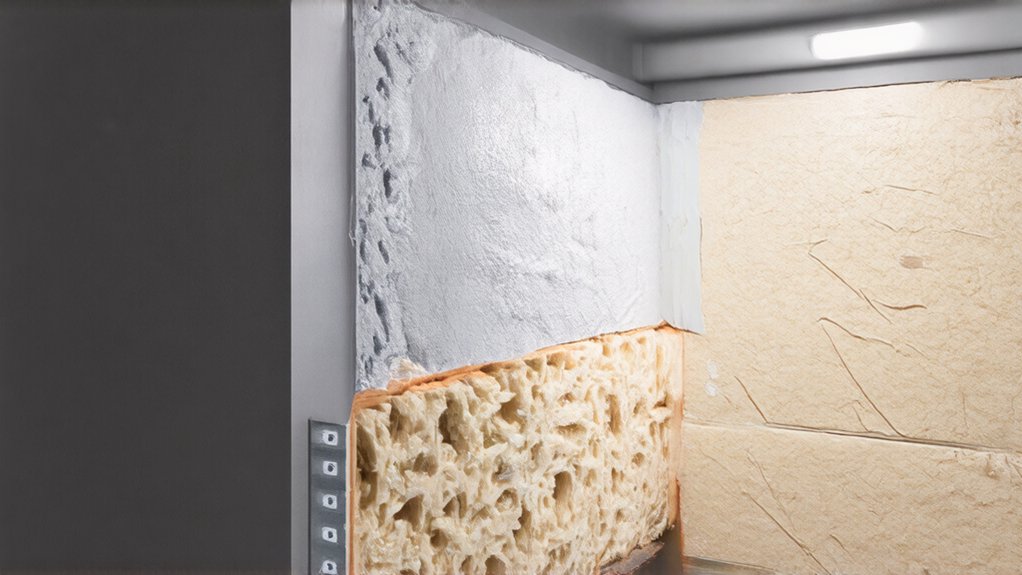When tackling drywall work in Erie County, you’ll need to traverse specific building codes and permit requirements. Structural changes, basement finishing, and projects involving electrical or plumbing modifications typically require municipal approval. You’ll want to contact the Erie County Building Inspection Department to confirm exact requirements. Fire-resistance ratings and code standards are paramount, so don’t skip the permit process. Remain vigilant, and you’ll discover the full roadmap to compliance.
When Permits Are Required in Erie County
When it comes to drywall work in Erie County, PA, you’ll need to pay close attention to permit requirements. Not all drywall projects demand a permit, but understanding the nuanced permit exemption guidelines is vital.
Minor repairs and cosmetic work typically don’t require official documentation. However, structural changes, significant renovations, or projects involving electrical or plumbing modifications will necessitate a permit. You’ll want to contact the Erie County Building Inspection Department to confirm specific drywall repair considerations for your unique situation.
Always verify requirements beforehand to avoid potential fines or mandatory project modifications. Residential drywall contractors in Erie, PA can provide expert guidance on navigating local building code requirements for your specific project.
Types of Drywall Work Needing Municipal Approval
While traversing drywall work in Erie County, certain project types definitively require municipal approval before you can begin. Exterior walls in new construction or significant renovations always need a permit. If you’re finishing a basement and installing drywall, you’ll want to secure municipal approval beforehand. Structural modifications, including changes that impact load-bearing walls, mandate official review. Detailed drywall projects involving electrical or plumbing integrations also trigger permit requirements. Commercial spaces have stricter regulations compared to residential work. Drywall repair costs can vary significantly depending on the complexity of the project and the specific municipal requirements for different types of work. By understanding these guidelines, you’ll skillfully navigate local building codes and avoid potential legal complications or costly rework.
Fire-Resistance and Building Code Standards
Fire-resistance ratings represent indispensable safeguards in Erie County’s building code standards for drywall installations. You’ll need to understand specific drywall assembly ratings that determine how effectively your walls can resist fire spread between spaces.
Your project must meet local fire separation requirements, which dictate the thickness and type of drywall needed in different building zones. Residential and commercial structures have varying standards, so you’ll want to consult municipal building inspectors to confirm exact specifications.
Proper fire-resistant drywall can protect lives and property, making compliance not just a legal requirement, but a vital safety measure.
Step-by-Step Permit Application Process
Traversing Erie County’s permit application process can appear formidable, comprehending each stage will assist in simplifying your drywall project. You’ll want to first gather all necessary paperwork requirements, including detailed project plans, contractor qualifications documentation, and proof of insurance.
Contact the Erie County Building Inspection Department to confirm specific submission guidelines. Prepare your application scrupulously, ensuring all forms are completed precisely and supporting documents are organized. Submit your permit application in person or online, depending on current county protocols. Be prepared to pay associated fees and potentially schedule an initial project review inspection.
Required Documentation and Inspections
After successfully traversing the permit application process, you’ll now need to focus on the specific documentation and inspection requirements for your drywall project in Erie County.
Your submission must demonstrate building code compliance and guarantee structural integrity through:
- Detailed project plans showing wall dimensions, material specifications, and fire-resistant ratings
- Proof of contractor licensing and professional credentials
- Inclusive scope of work document outlining installation techniques
You’ll schedule mandatory inspections at critical project stages, allowing county officials to confirm that your drywall work meets all regulatory standards. Prepare your documentation carefully and sustain open communication with local building authorities to simplify the approval process.
Common Drywall Code Violations to Avoid
Because code violations can derail your entire drywall project, understanding common mistakes is essential for Erie County contractors and DIY enthusiasts. Improper installation techniques often trigger local building code penalties, such as incorrect joint taping, uneven surface preparation, or inappropriate material selection.
You’ll want to pay special attention to moisture control, as inadequate moisture barriers can lead to mold growth and structural damage. Ensuring proper fire-rating compliance, maintaining correct screw spacing, and using approved fire-resistant materials are crucial steps.
Cost and Timeline for Permit Approval
While traversing Erie County’s permit approval process might seem formidable, understanding the associated costs and timelines can help optimize your drywall project. You’ll want to be prepared with key insights:
- Permit processing time typically ranges 5-10 business days
- Permit fee breakdown varies by project scope, averaging $50-$250
- Additional inspections might extend total timeline by 1-2 weeks
Budgeting both time and money strategically guarantees you’re not caught off-guard. Carefully reviewing documentation, submitting complete applications, and maintaining clear communication with county officials can streamline your permit approval expedition. Your proactive approach will help you navigate this essential administrative process efficiently.
Frequently Asked Questions
Can Homeowners Do Their Own Drywall Installation Without Professional Help?
You can do your own drywall installation, but you’ll face challenges perfecting finishing techniques. Be prepared to invest time in learning, practice patience, and consider consulting local experts for guidance on tricky steps.
How Long Does a Typical Drywall Permit Inspection Take?
You’ll typically wait 1-3 days for permit processing and scheduling inspections. Most drywall inspections take around 30-45 minutes on-site, so you’ll want to be prepared with your work completed and documentation ready when the inspector arrives.
Are There Different Permit Requirements for Commercial Versus Residential Projects?
Yes, you’ll find different permit thresholds for commercial and residential drywall projects. Commercial jobs typically require more detailed permits, while residential work has simpler requirements. Always check with Erie County’s building department for specific details.
What Happens if I Start Drywall Work Without Obtaining a Permit?
You’ll face steep penalties for unpermitted work, including potential fines, mandatory corrections, and legal consequences that could halt your project. The risks far outweigh the convenience of skipping the permit process, so always get approved first.
Do Historic Homes in Erie County Have Special Drywall Code Exceptions?
You’ll need to follow specific historic home restoration requirements, even for drywall. While some structural considerations may vary, you’ll still need to obtain proper permits and meet current building code standards for safety and preservation.
Conclusion
You’ve now got the information to maneuver Erie County’s drywall permit requirements like an expert. Don’t bypass the paperwork or disregard local codes—they’re vital for your project’s safety and legality. Whether you’re remodeling or constructing from the ground up, taking time to comprehend municipal regulations will spare you headaches and potential fines. Stay informed, follow the steps, and you’ll sail through the permitting process.



